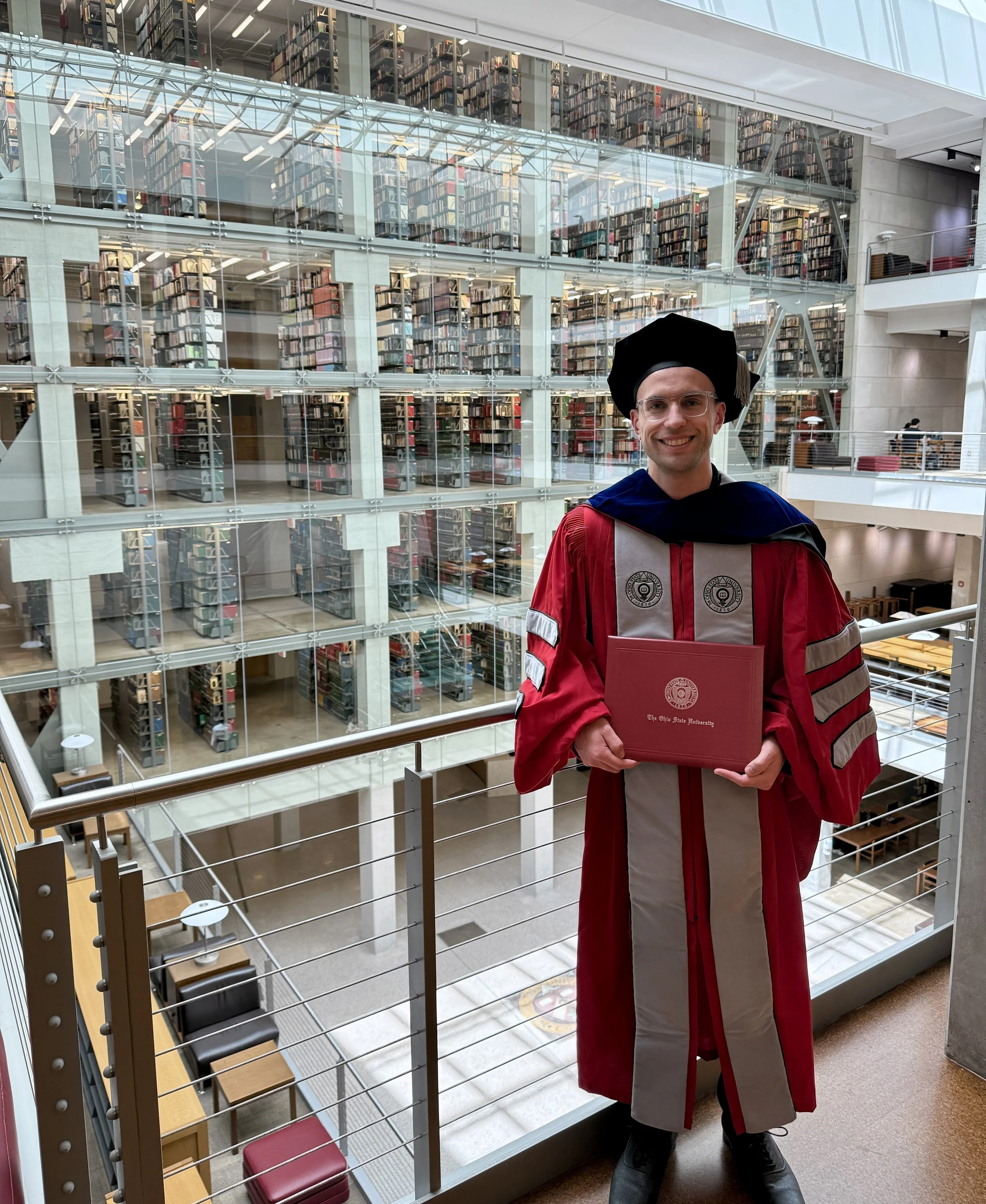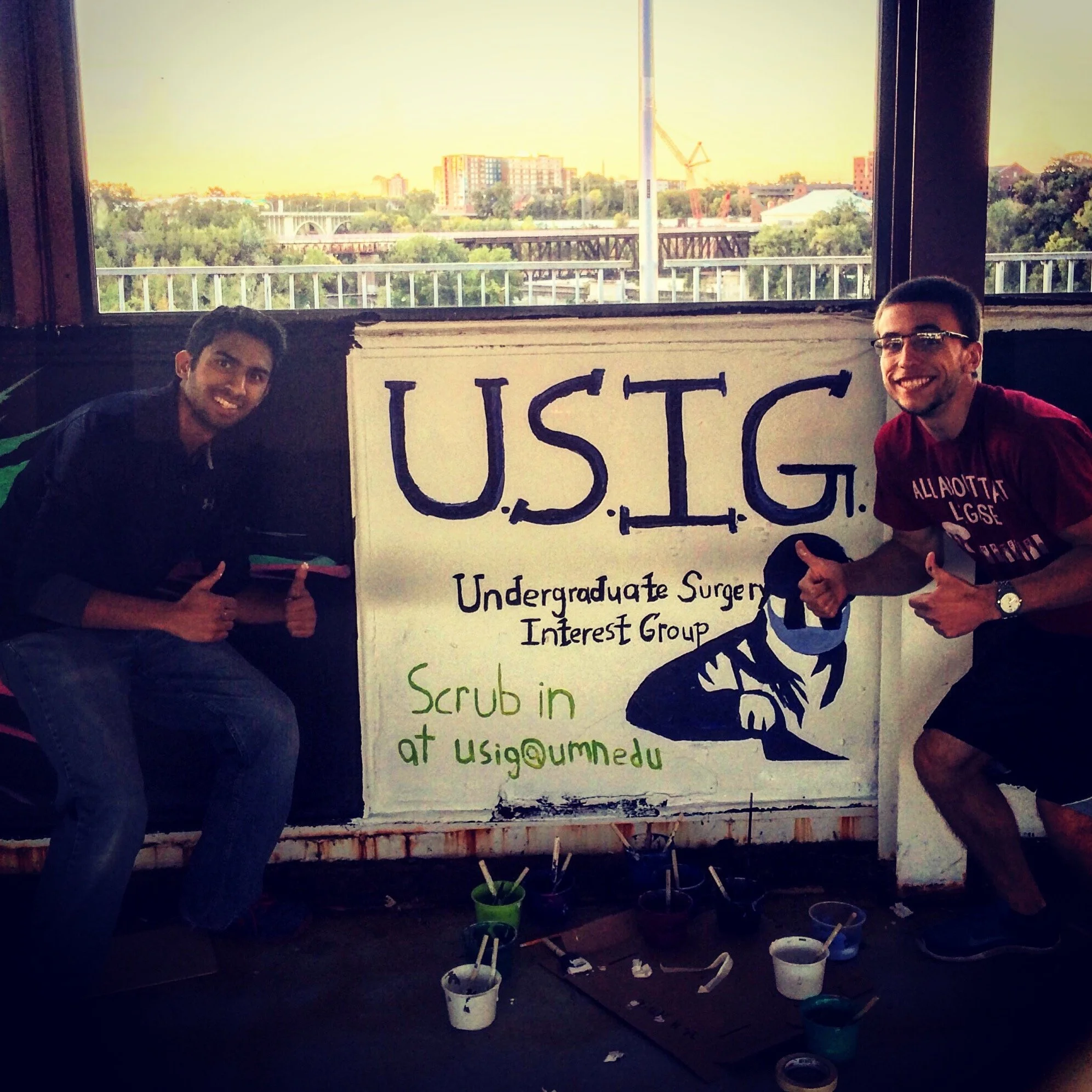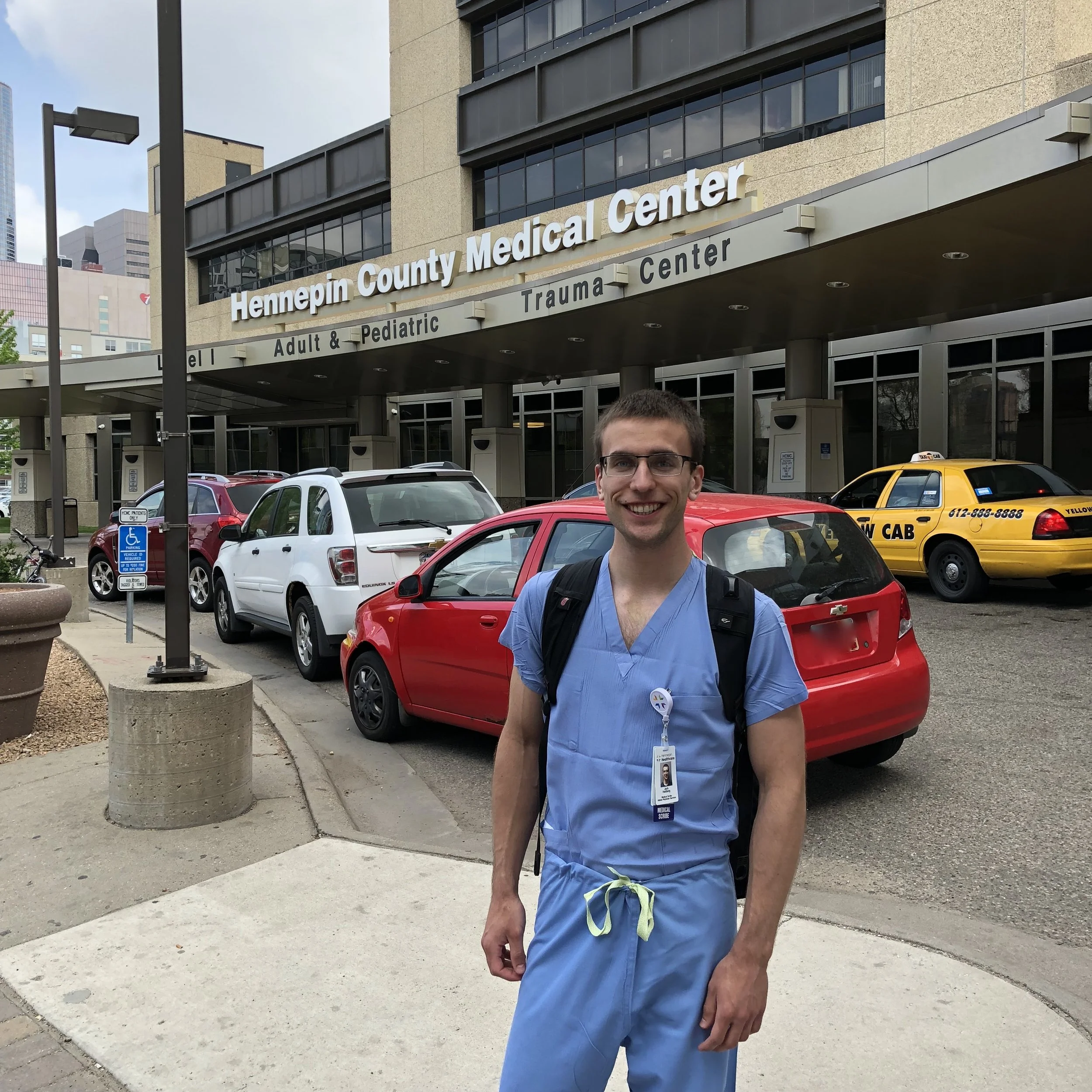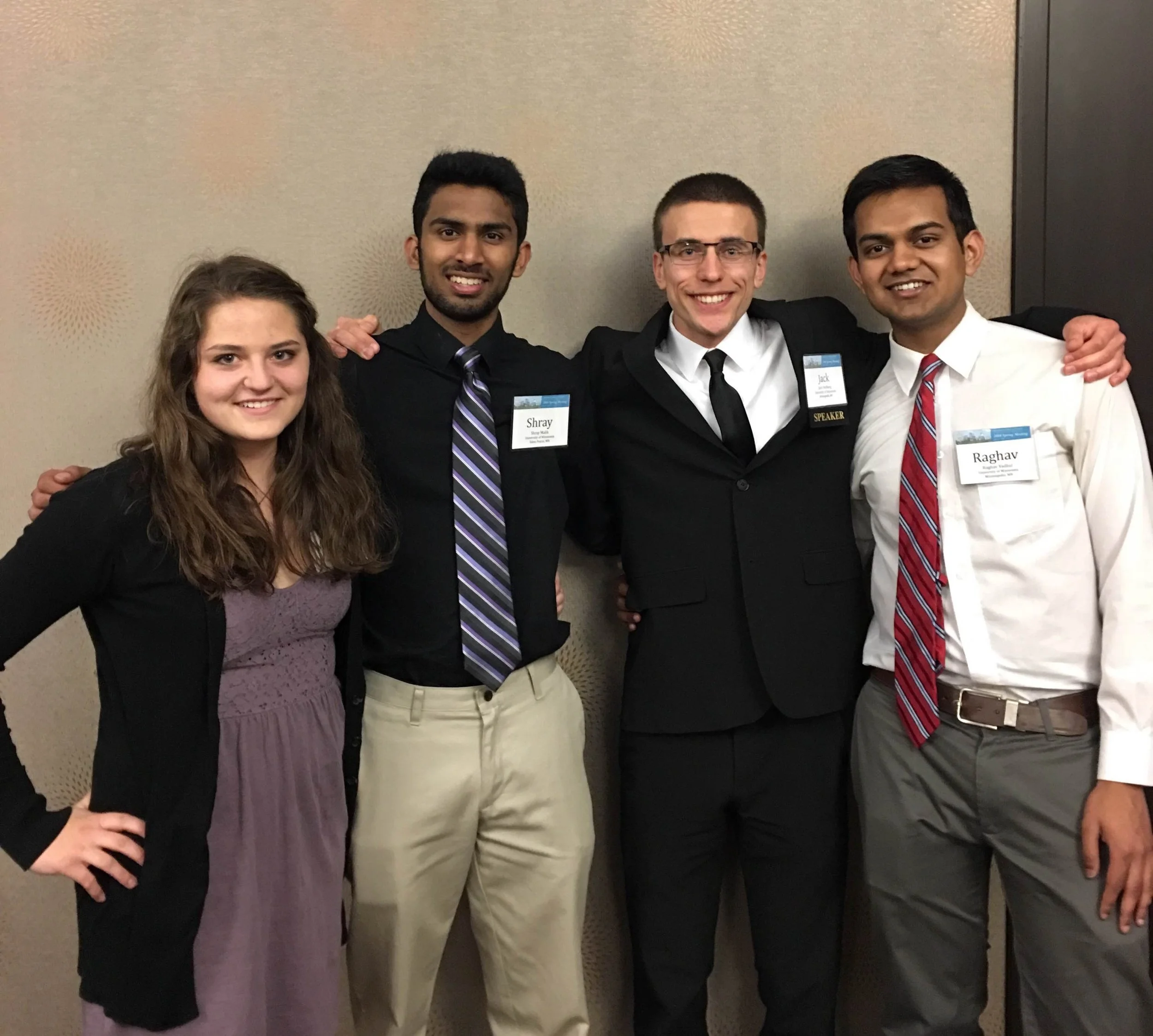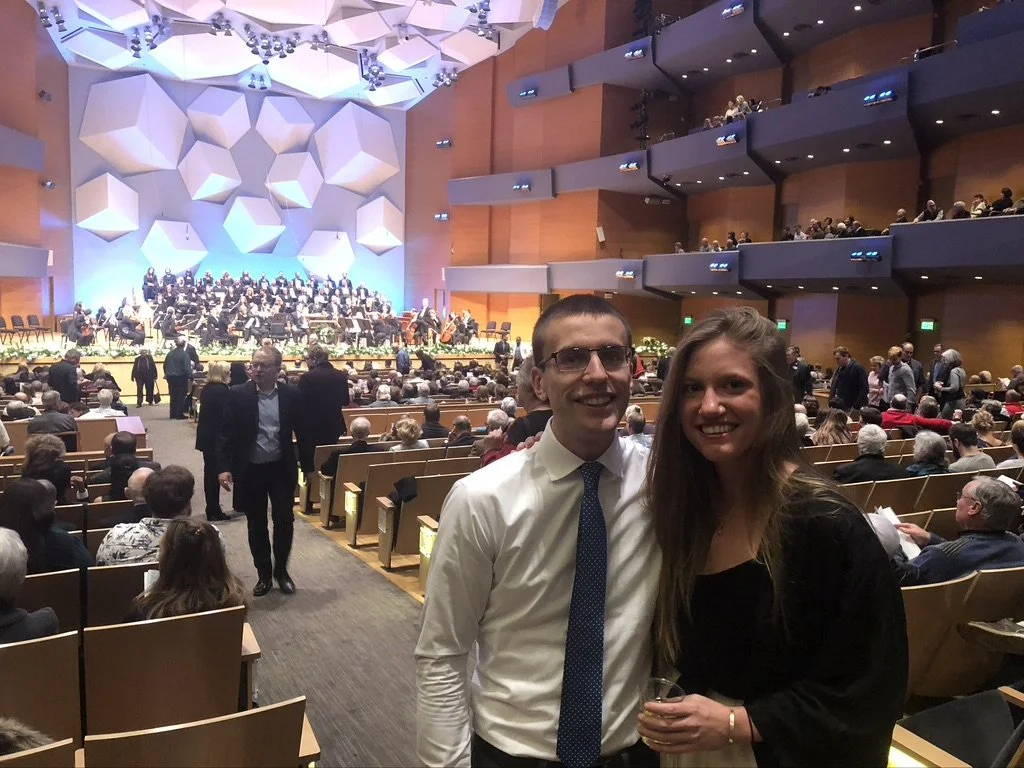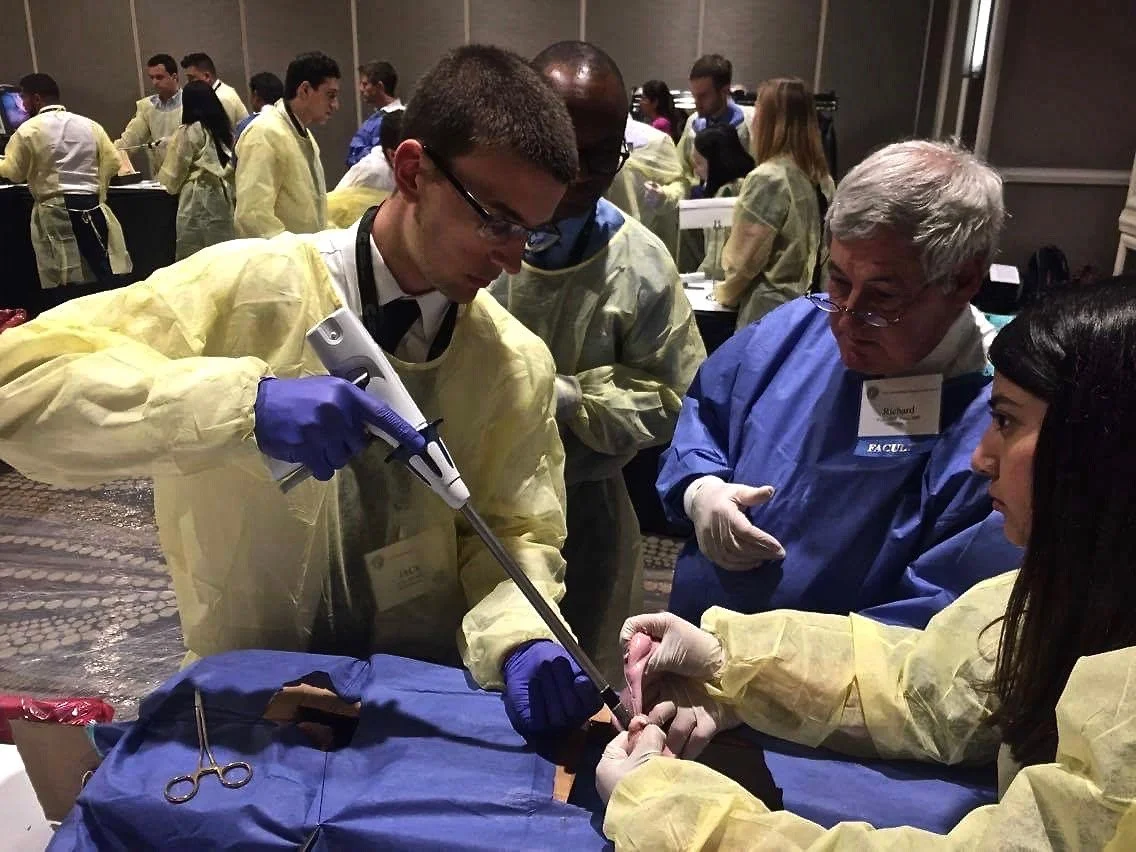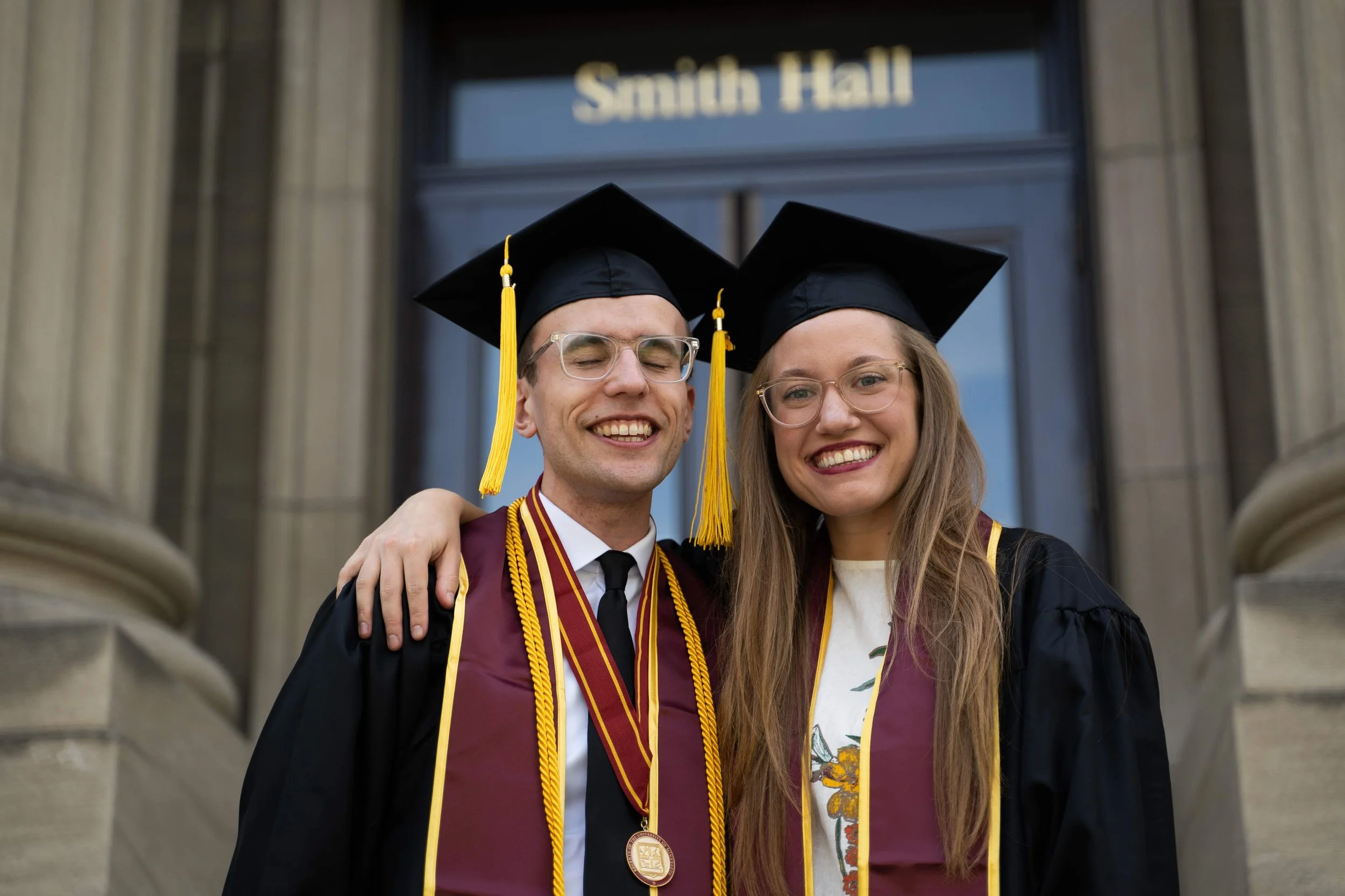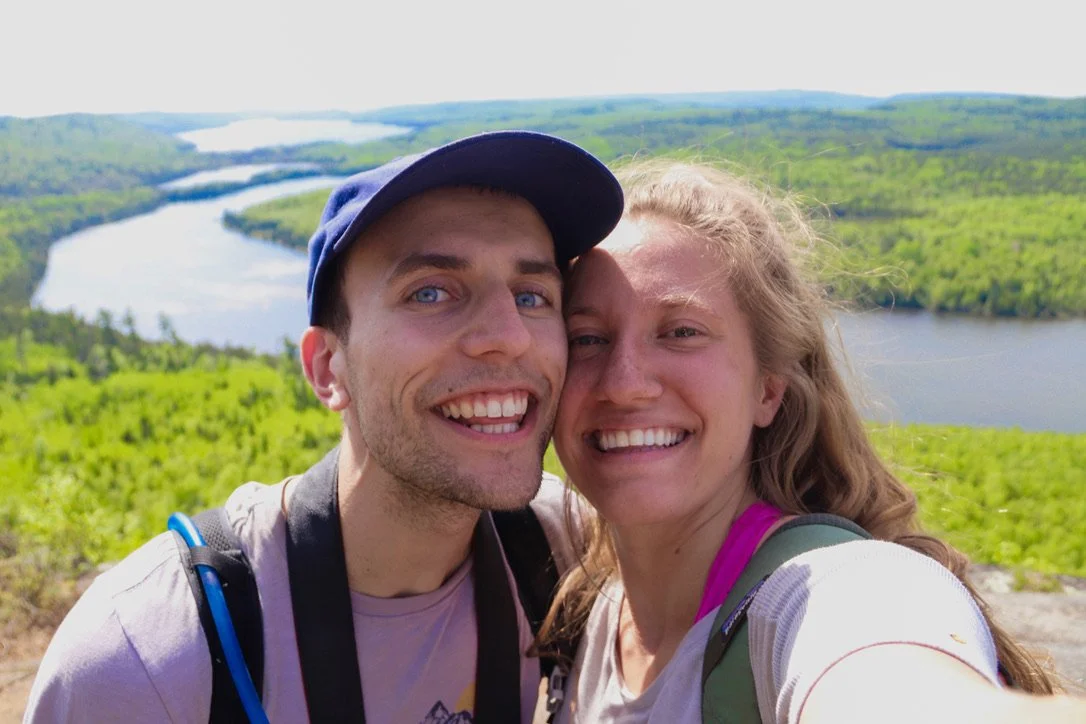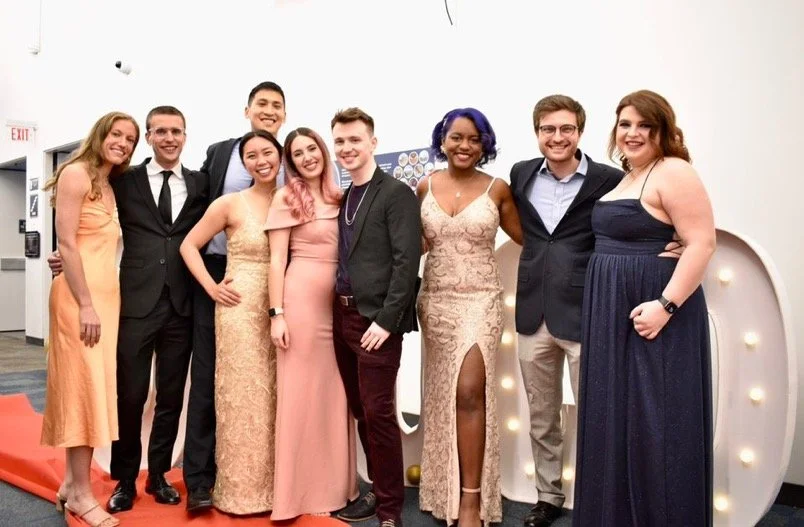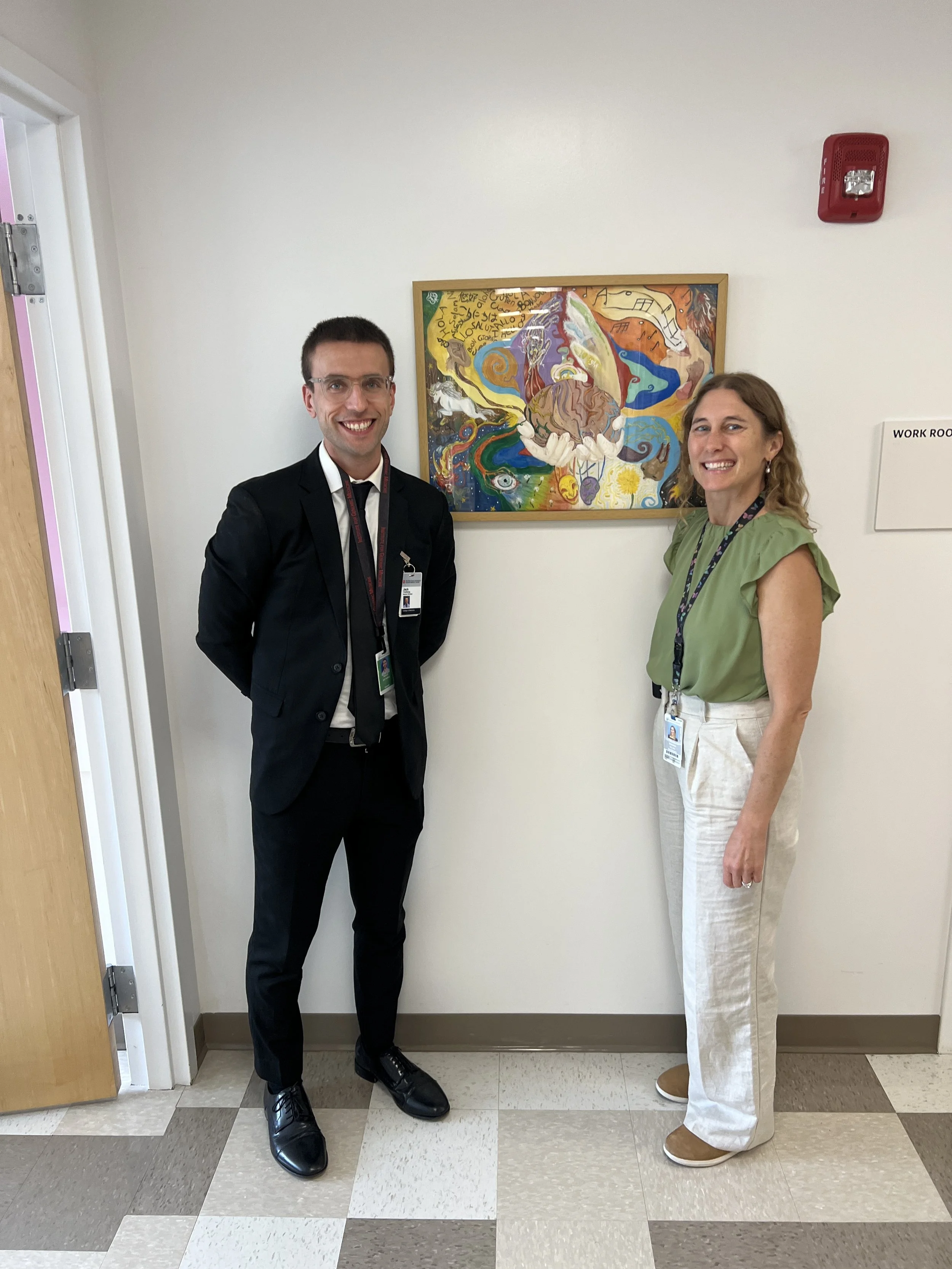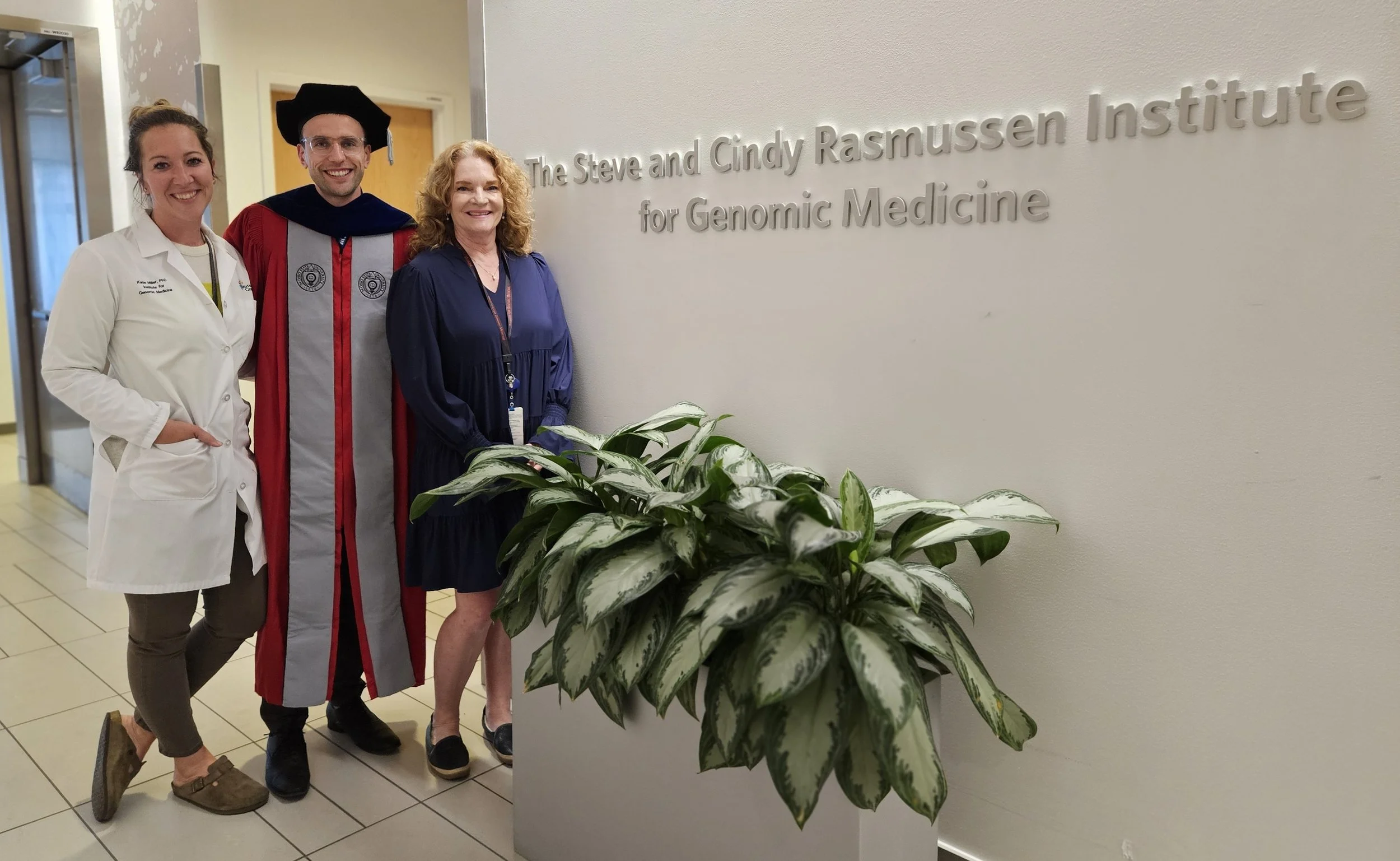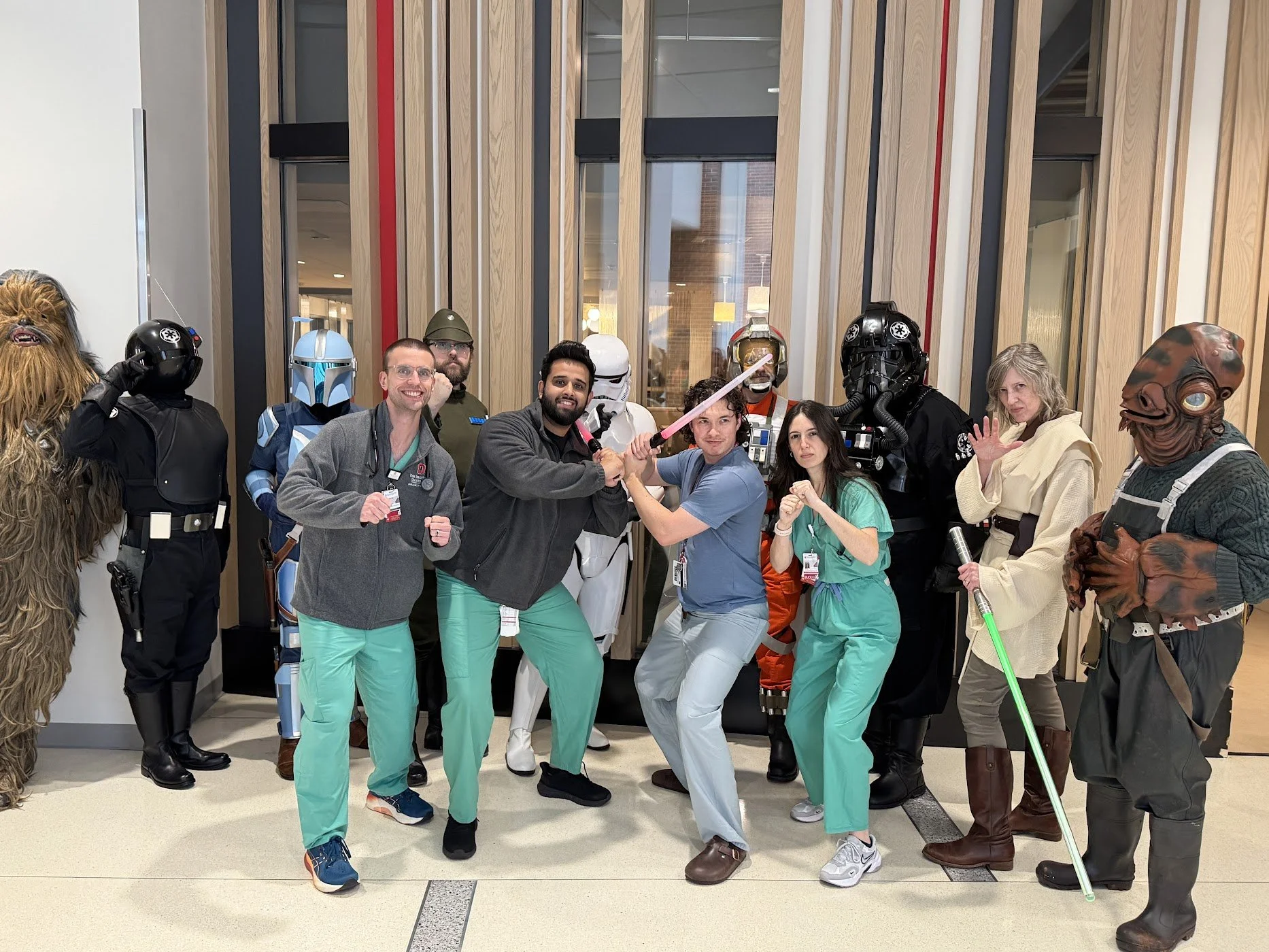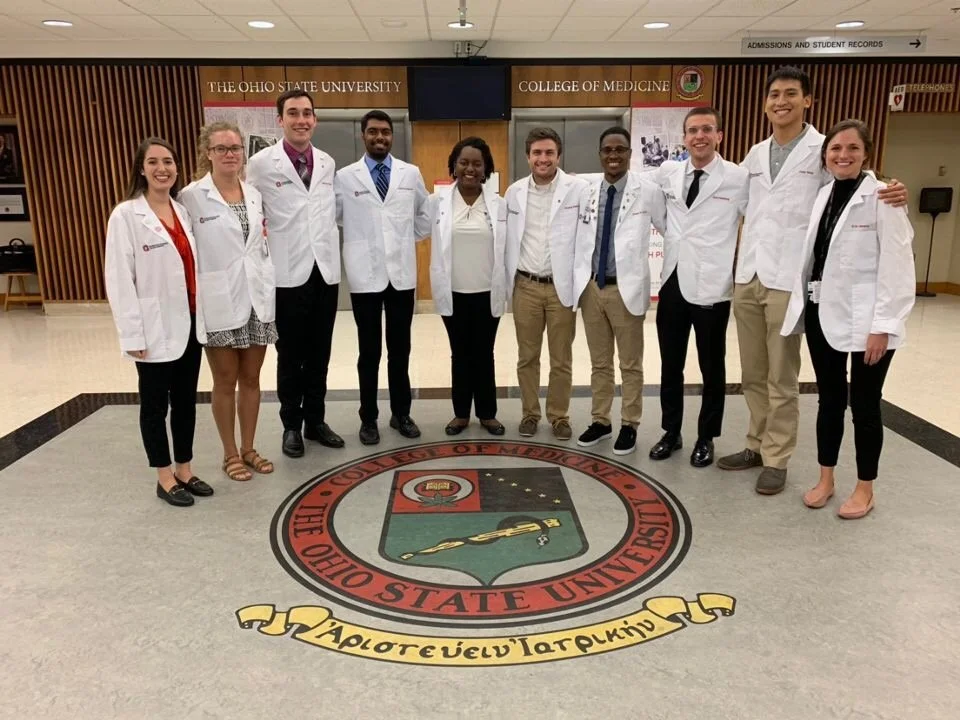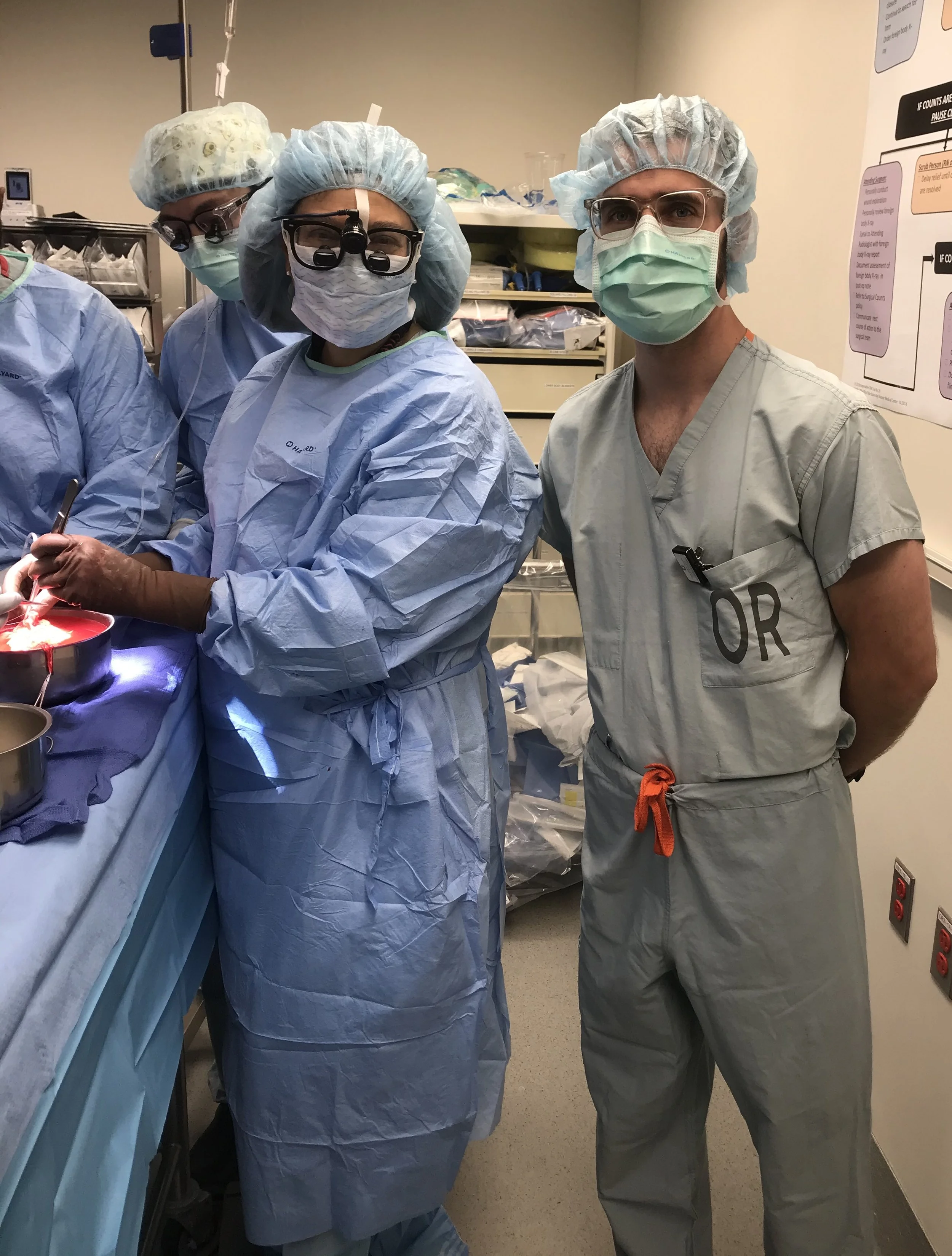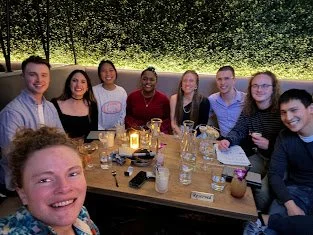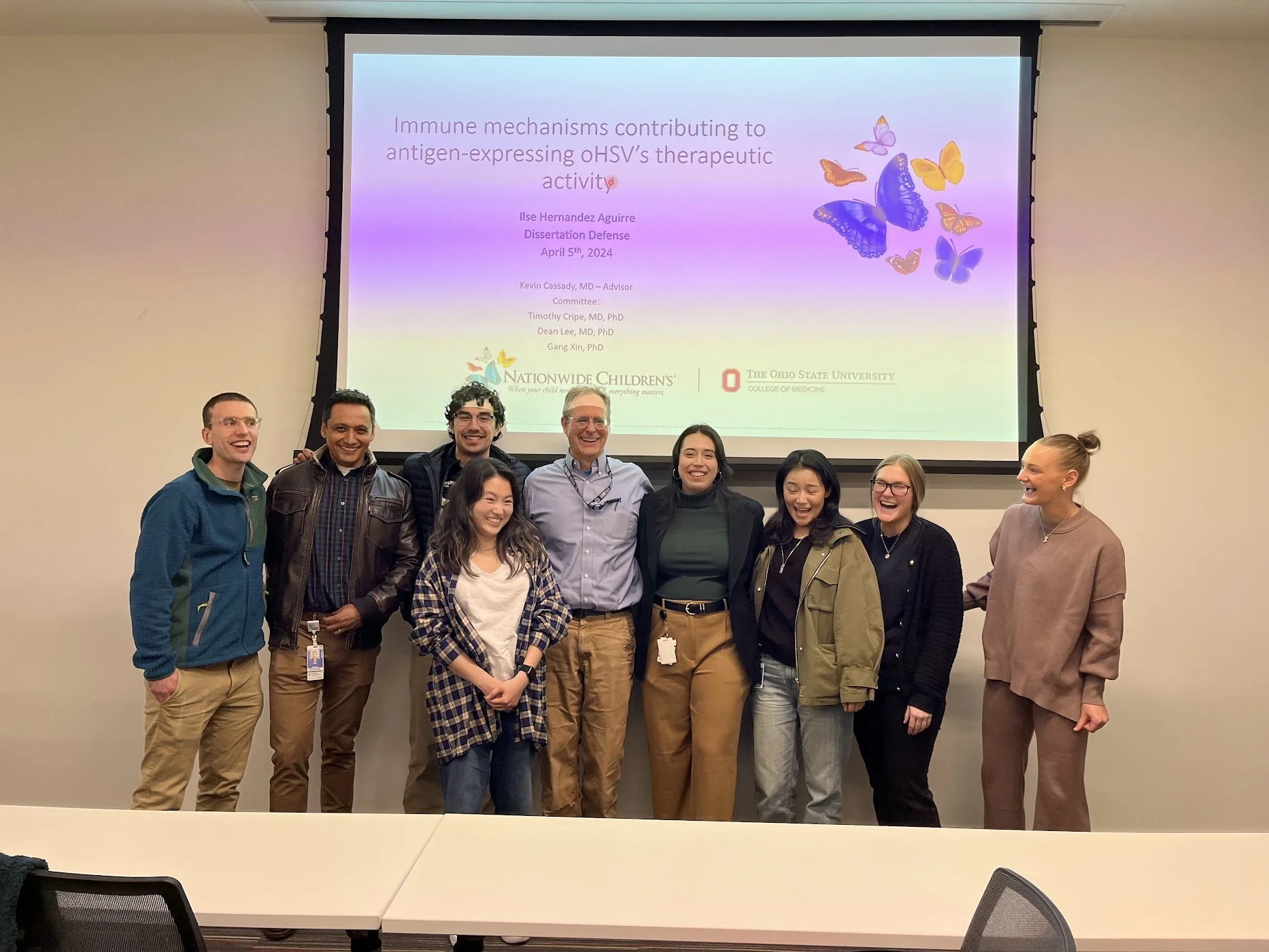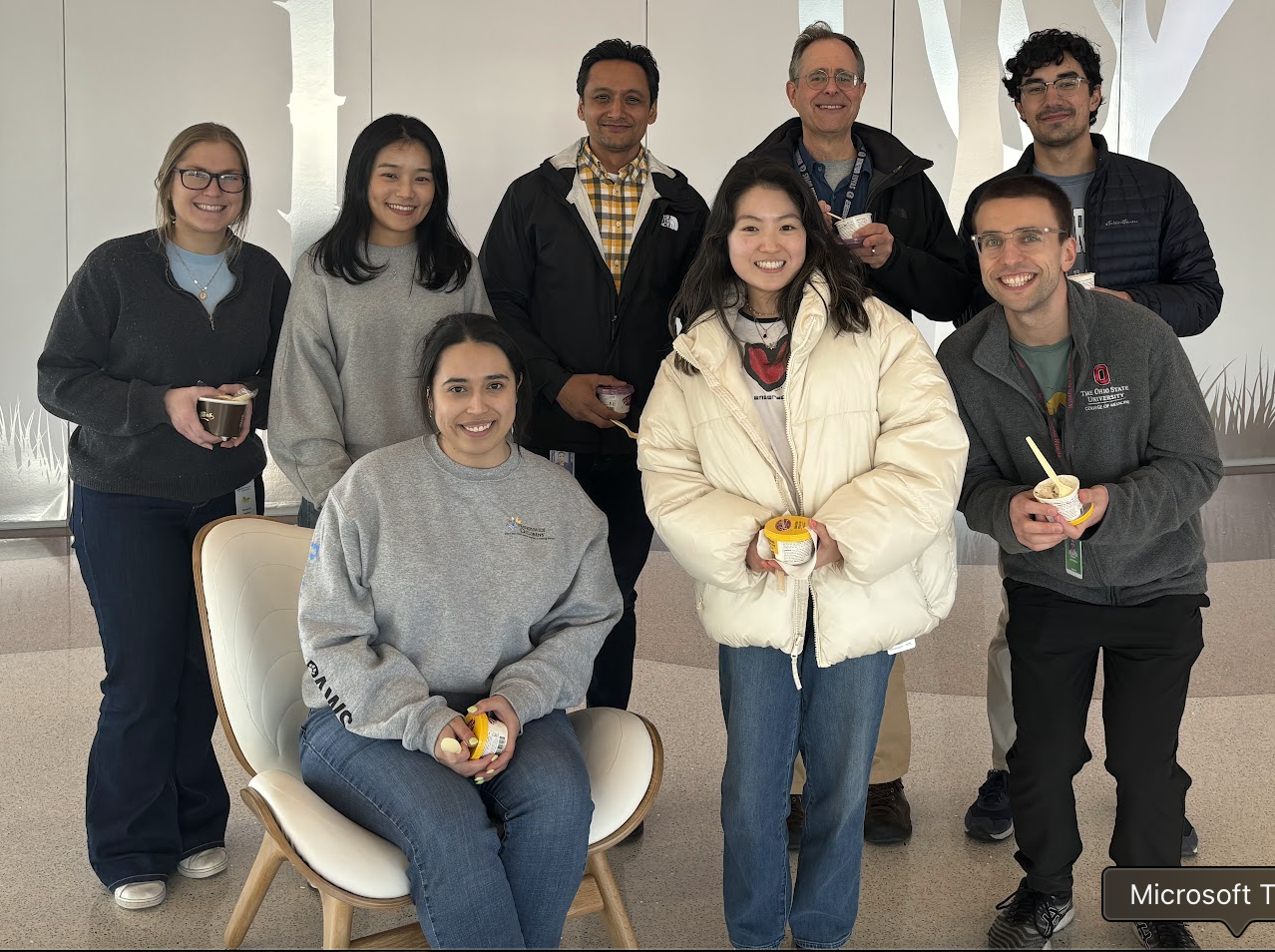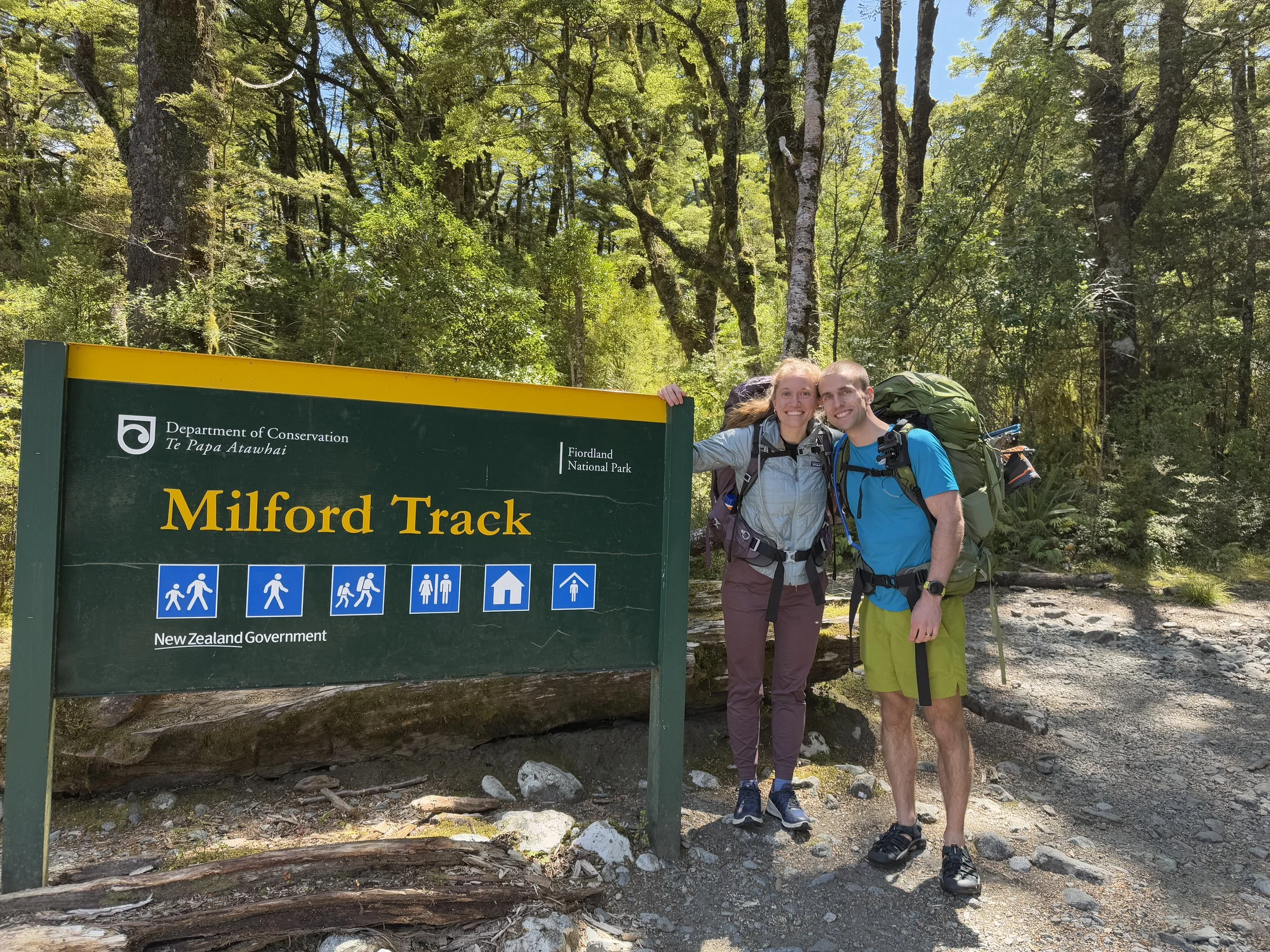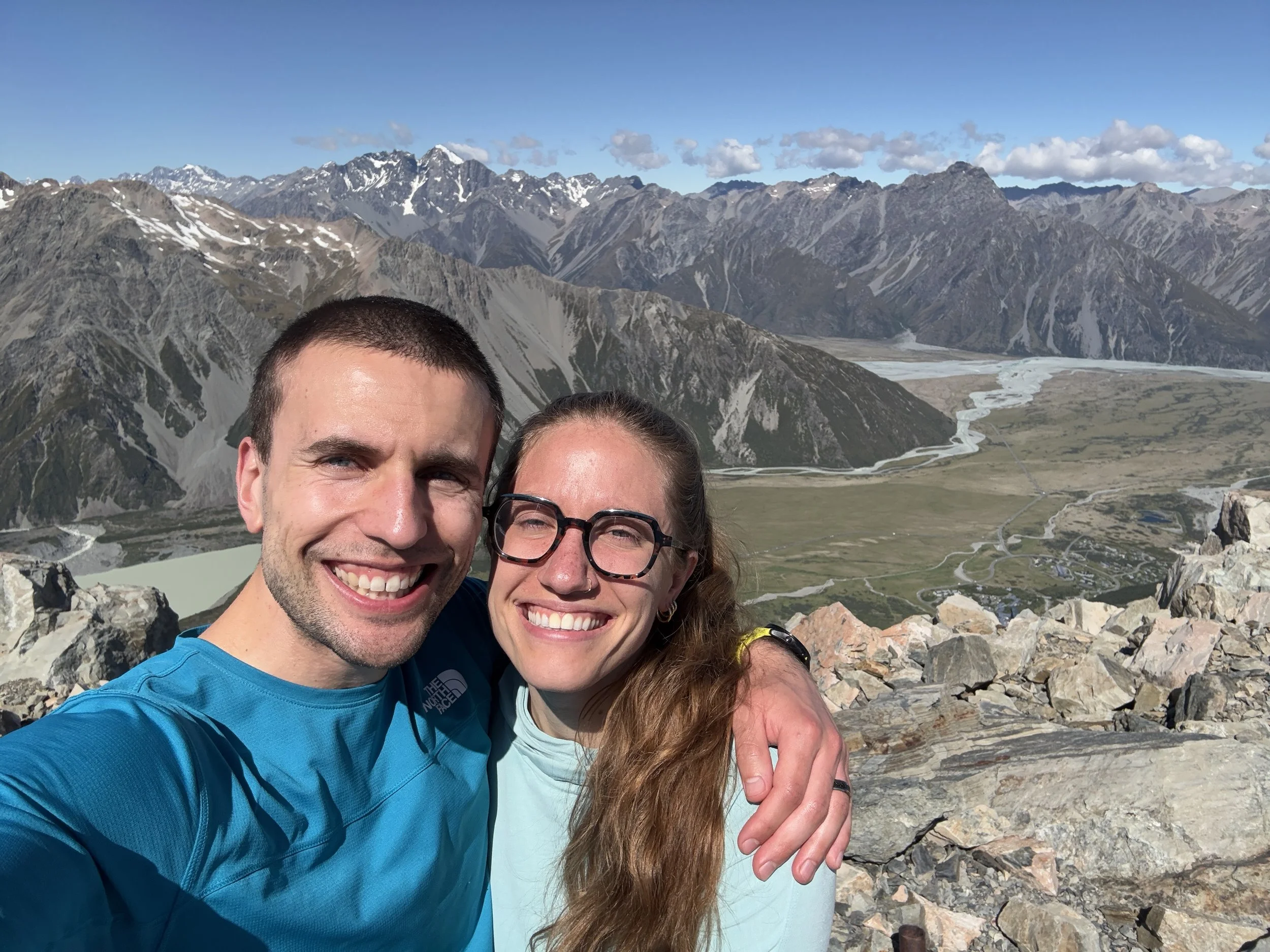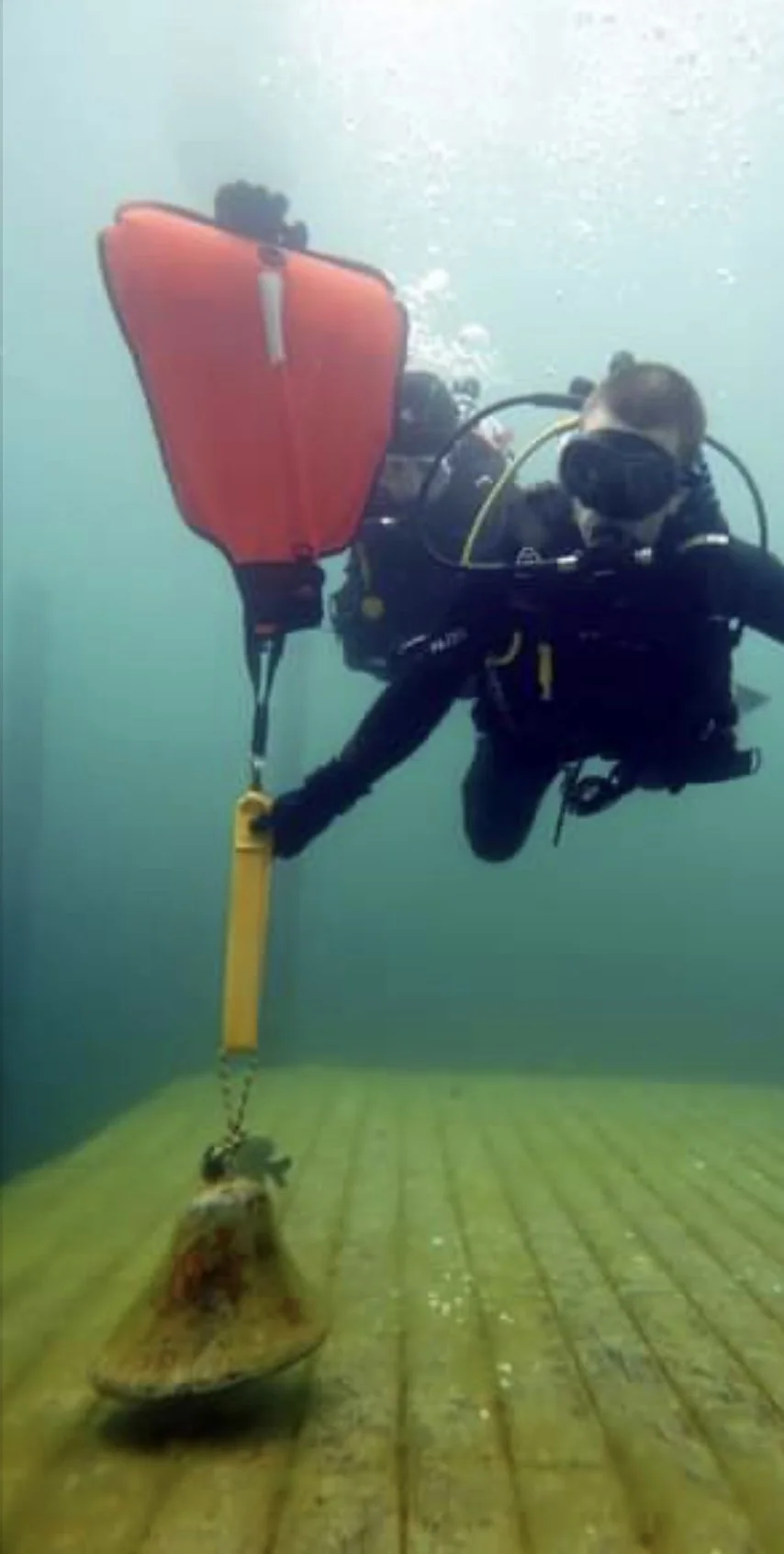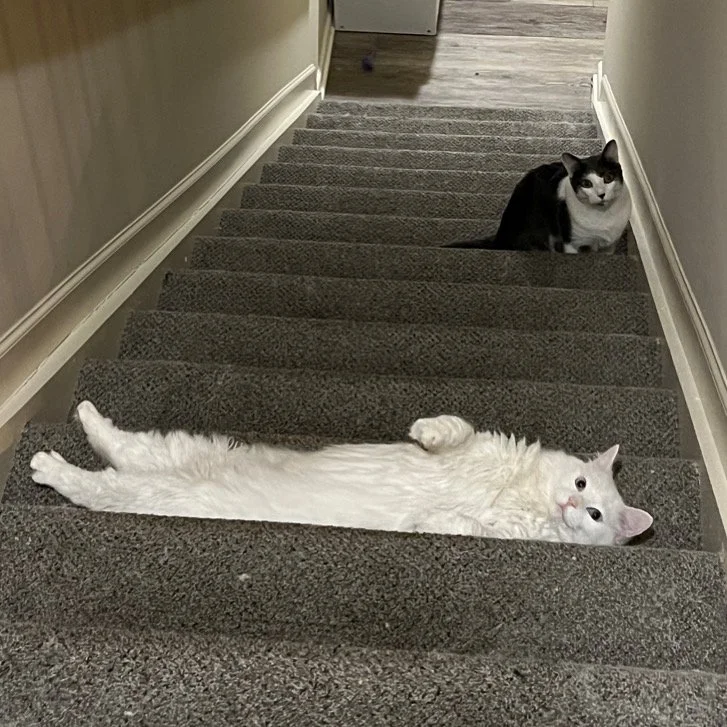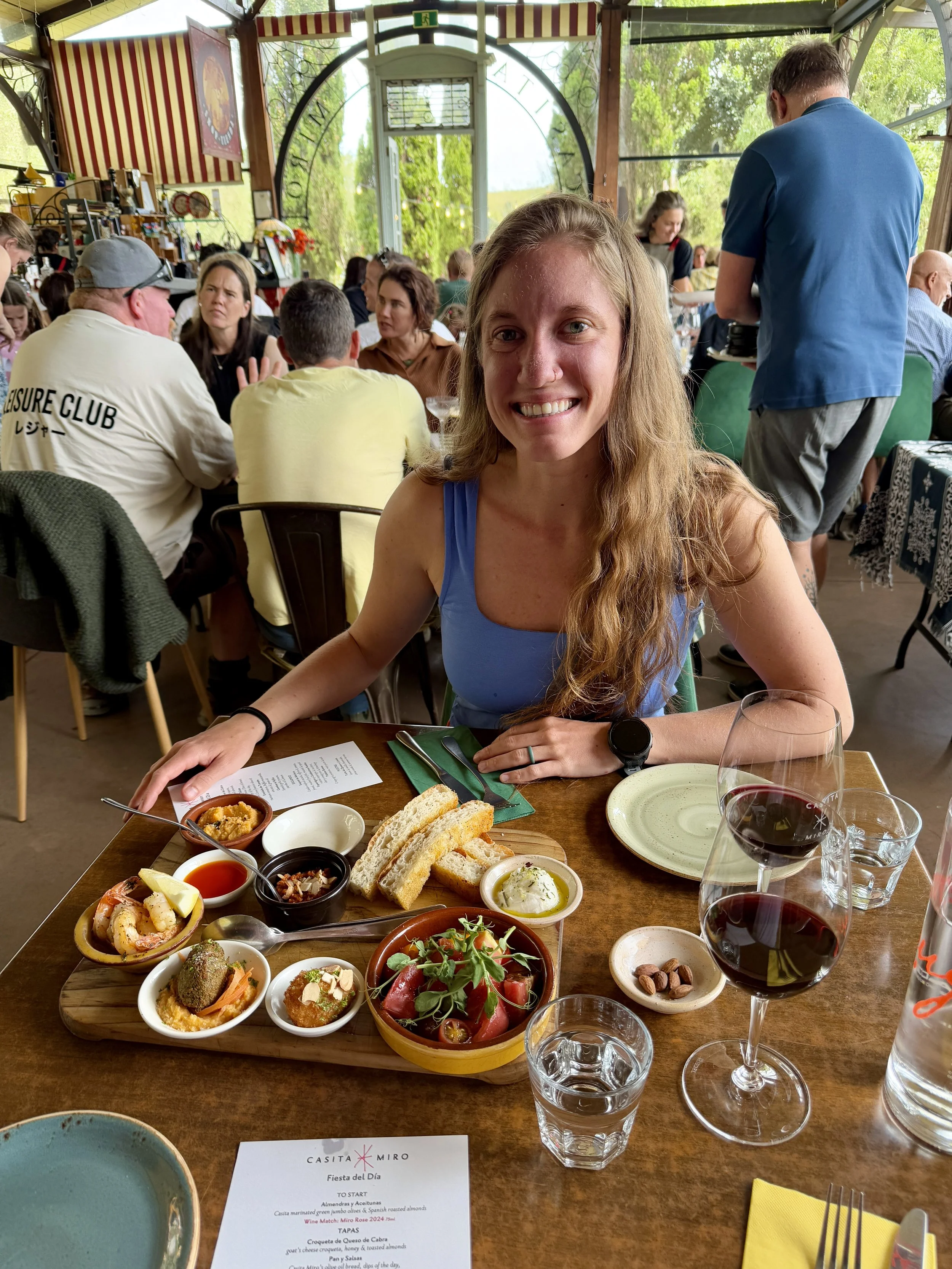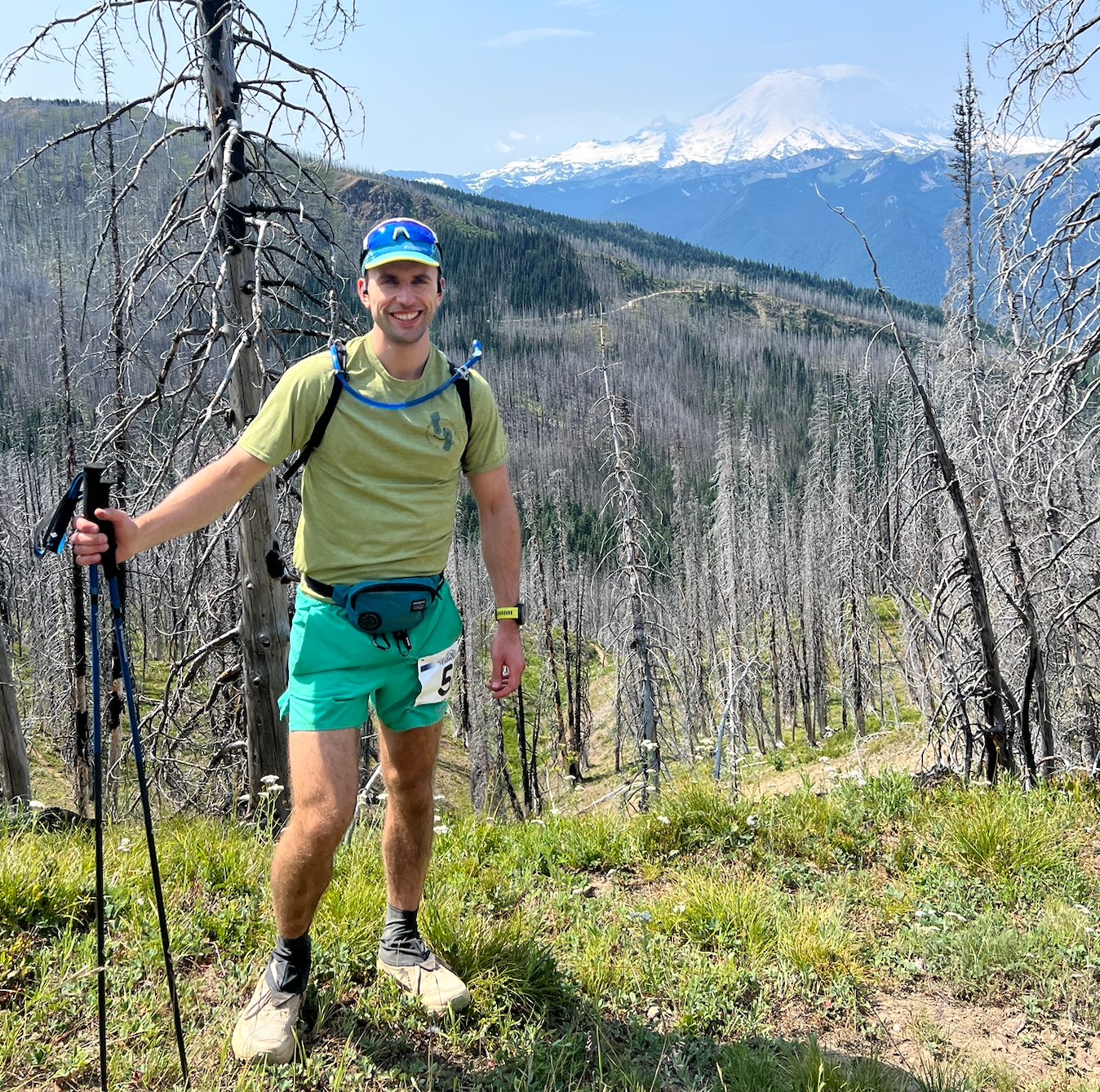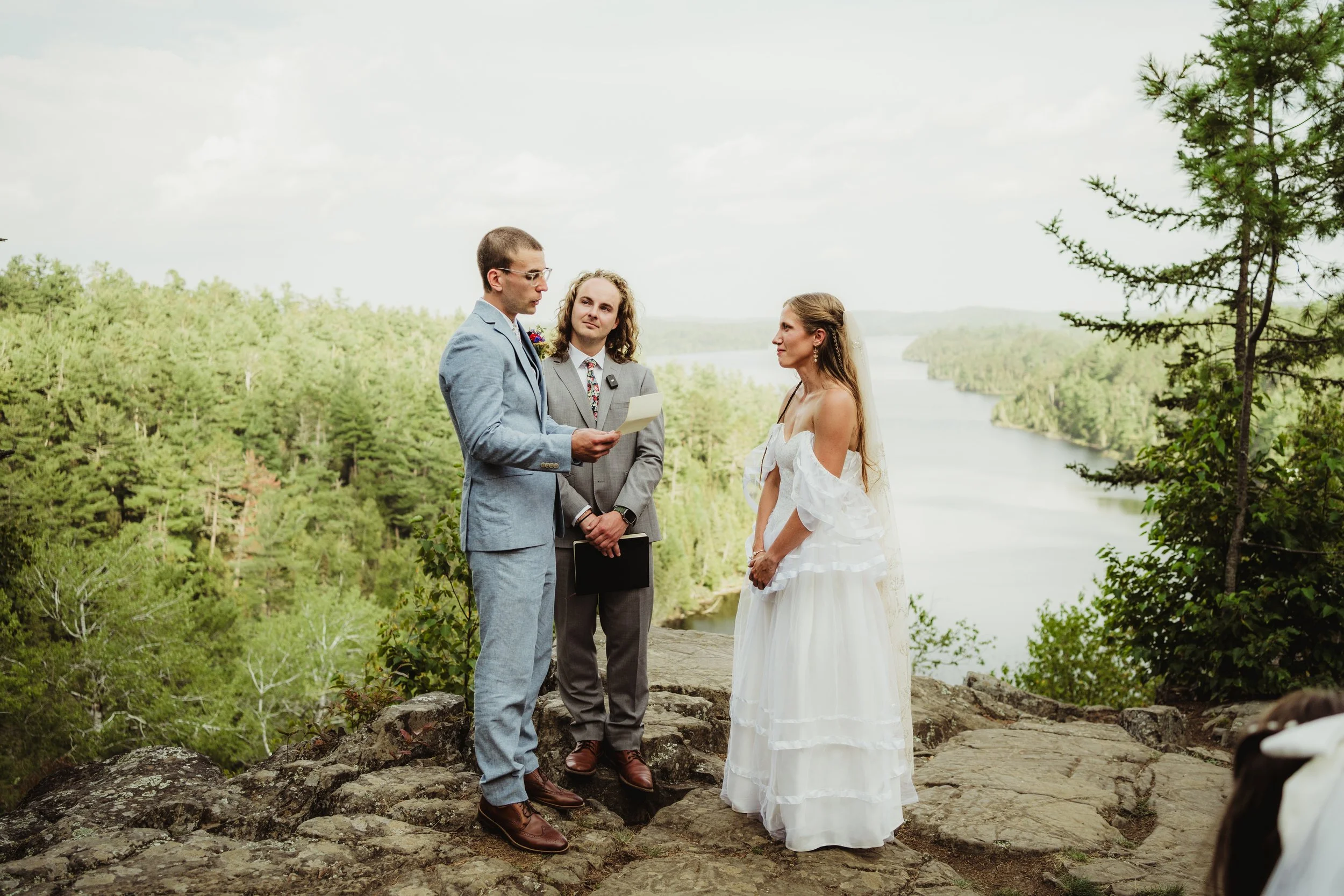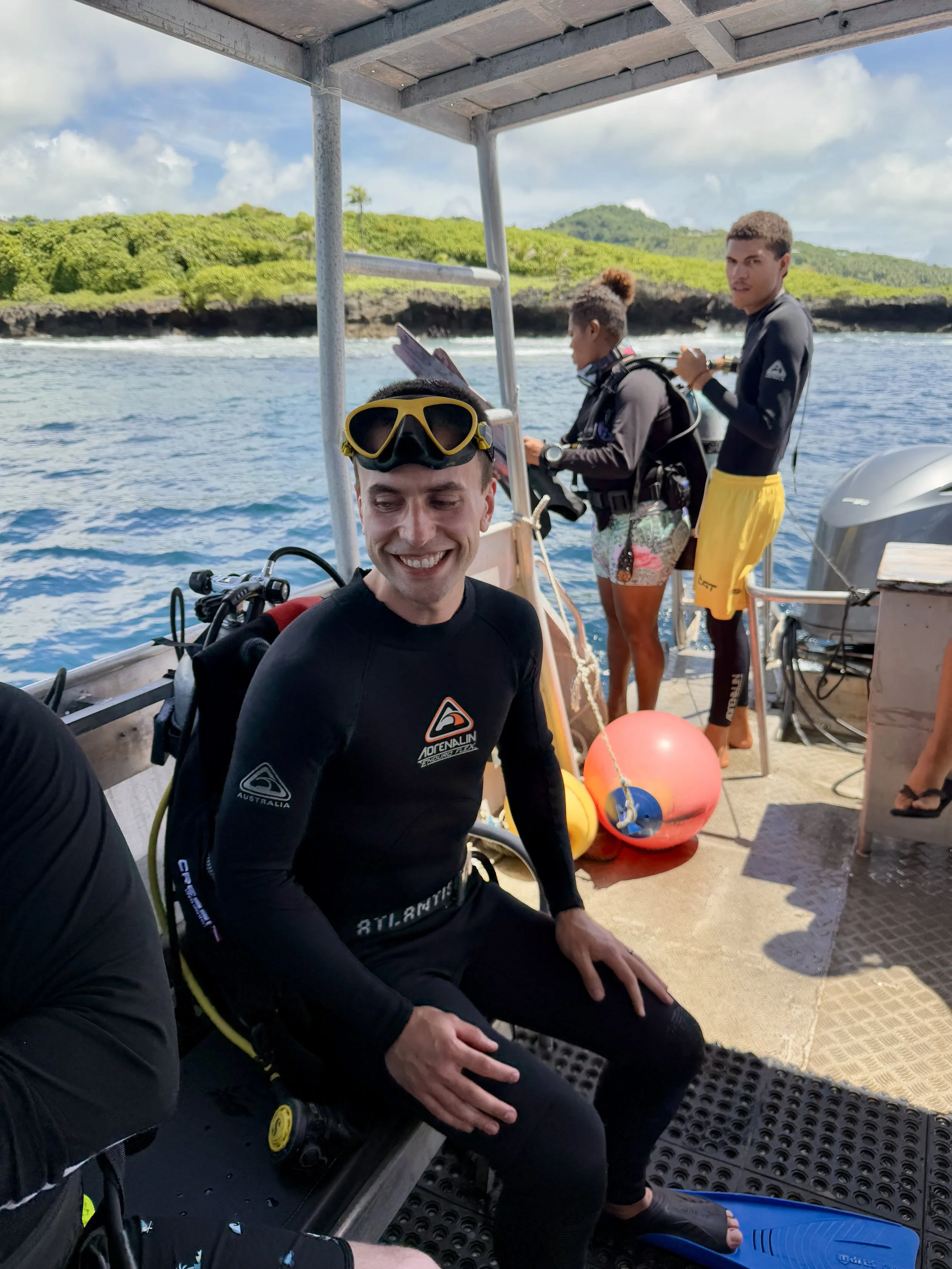My name is Jack Hedberg, and I’m a 7th-year MD/PhD student at Ohio State University’s Medical Scientist Training Program (MSTP). I recently completed my PhD in biomedical science co-mentored by Dr. Elaine Mardis and Dr. Kevin Cassady at Nationwide Children’s Hospital, where my dissertation work focused on defining how oncolytic virotherapy influences tumor antigen-specific immune responses in glioblastoma and medulloblastoma, the most common primary brain malignancies in adults and children, respectively.
Background and Long-Term Goals
It was the highlight of my MSTP training to bridge the expertise in my PhD labs through high-impact projects focused on cancer immunotherapy. In the Cassady Lab, I conducted preclinical murine studies using stereotactic surgery to administer intracranial oncolytic virotherapies into brain tumors, while in the Mardis Lab I used state-of-the-art immunogenomics techniques and performed computational analyses to measure how these oncolytic virotherapy treatments altered immune responses to these tumors in vivo. This cross-training not only enabled me to become skilled in a wide breadth of both wet lab and dry lab methods paramount to cancer immunotherapy, it also provided me a unique vantage point that I leveraged to identify knowledge gaps and lead high-impact projects brain tumor immunotherapy, oncolytic virotherapy, and cancer genomics in ways that would not have been possible in either of my labs by themselves. Having this opportunity to fundamentally conceptualize and steer my projects - supported continuously by world-class mentorship and the expertise of my PIs, committee, and collaborators - allowed me to take my first formative steps as an independent physician-scientist, and it is my proudest professional accomplishment of MSTP training. This work brought me into close proximity with neurosurgeon-scientists and clinical trials with numerous parallels to the mouse studies I led, allowing me to witness firsthand how research and clinical insights can benefit one another, and fueling my motivation to catalyze this crosstalk as a neurosurgeon-scientist.
My long-term goal is to become a surgeon-scientist with a tumor immunology lab pursuing high-impact projects that accomplish three major goals:
Define basic molecular mechanisms underpinning cancer-immune interactions and response to immunotherapy in solid tumors.
Leverage understanding of these mechanisms to develop and test novel therapeutic strategies in the preclinical space.
Translate these laboratory discoveries into clinical trials that contribute to improved treatment outcomes for patients with solid malignancies.
Why the focus on tumor immunology and immunotherapy?
The immune system is an astonishingly intricate and versatile molecular network optimized to interface with endogenous human biochemistry, capable of ‘learning’ enormous arrays of shifting molecular targets, and displays an unparalleled ability to selectively modify physiology. Thus, I view the immune system in part as a living, programmable therapeutic platform whose modification and redirection via immunotherapy holds profound potential to treat and even eradicate a vast array of diseases. Increasingly sophisticated molecular characterization platforms such as single cell sequencing and spatial omics are revolutionizing the ability to define and measure complex, heterogenous disease processes at high resolution. Making use of such insights to develop therapies capable of hitting many targets with conditionality and precision in living patients is a complex task, but it’s something I believe immunotherapy is uniquely suited for. During PhD training I applied my interest in immunotherapy specifically in the context of cancer - whose heterogeneity and dynamic nature has been a powerful teacher spurring many major scientific advances, and a field in which I can envision establishing myself as an investigator long-term. Yet I also believe that moving the field of immunotherapy toward its true potential holds exciting implications extending far beyond cancer, impacting treatments across virtually every other branch of medicine and enabling novel applications to safeguard human health in the face of challenges that may not even be known. I am deeply inspired to integrate these topics as a surgeon-scientist, working on highly motivated teams to help solve complex challenges and positively impact the lives of patients.
About Cells and Surgery
Teaching and mentorship are pursuits that I’m very passionate about. Cells and Surgery is meant to serve as a platform for creating educational resources and sharing some of the lessons I’ve learned throughout my training to support future generations of physicians and scientists in their journeys.
My Journey to MD/PhD
I grew up in Minnesota, attending the University of Minnesota Twin Cities where I double-majored in biochemistry and human physiology. Throughout college I conducted DNA replication research in Dr. Anja Bielinsky’s Lab, and was mentored by Dr. James Harmon in the Department of Surgery, as well as frequently involved with the emergency department at Hennepin County Medical Center, a level 1 trauma center in Downtown Minneapolis. The College of Biological Sciences within my university provided incredible undergraduate training in a community of peers and close friends collectively sharing our journeys to become physicians and scientists, and this was one of the most beautiful chapters of my life. Here I also met the most important person in my life, my wife, Bridget Duffy - a neuroscience major drawn to the intersection of neurobiology, addiction, and human experience, and someone whose curiosity and desire to help others deeply resonated with me.
I matriculated to Ohio State University’s MD/PhD program in 2019, drawn to its amazing cancer research/clinical care, thriving ecosystem of physician-scientists, and world class training within the College of Medicine. I explored research interests during my M1 and M2 years, then completed rotations in Elaine Mardis’ and Kevin Cassady’s Labs at Nationwide Children’s Hospital in 2021, where I was immediately enthralled with the universe of cancer immunotherapy and and genomics guiding multi-disciplinary projects and collaborations between their labs, as well as the phenomenal teams of incredibly gifted scientists in the Institute for Genomic Medicine and Center for Childhood Cancer. The leaps and bounds of growth made during my PhD years, the magnitude of valleys and successes, and the training opportunities and mentorship I was incredibly fortunate to receive in the Mardis and Cassady Labs are the invaluable centerpiece of my MD/PhD training, catalyzing my growth into a confident, independent scientist, and confirming my passion for immunotherapy research. I also frequently interfaced with neurosurgeons, including my fantastic surgeon-scientist mentor, Dr. Michelle Wedemeyer, providing me powerful exposure to the patient-facing extensions of my dissertation work, and furthering my desire to pursue a surgeon-scientist career.
Currently I’m completing the clinical clerkships of my M3/M4 years, and fully engaged in the search to identify candidate institutions for residency training that will provide the robust academic research environment, mentorship, and training needed to launch my career as a surgeon-scientist.
Outside of the hospital and lab, I enjoy backpacking with my wife, trail running, scuba diving, visiting art studios, and spending time with my amazing family and friends, who inspire me to push every day.

